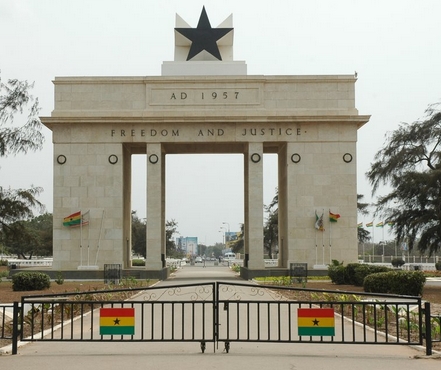
It is breathtaking to learn the National Development Planning Commission (NDPC) has embarked on an extensive public consultation exercise to gather inputs for the proposed 40-year development plan for Ghana. So far, the commission’s efforts have been limited to public forum, and meetings with powerful persons and organizations in the Ghanaian society. We are beginning to sense the NDPC is finding a way to gather inputs from the seemingly less powerful in the Ghanaian society too. I trust the commission is aware that public consultation in planning goes beyond mere public forum and meetings. The approach it has taken so far, may yield less fruit by the end of the consultation exercise and its planners may have no option besides retiring into their air-condition offices and producing a 40-year plan based on their own vision for Ghana. That will be unacceptable to most Ghanaians. If the commission is determined to produce a widely acceptable long-term development plan for Ghana, it must adhere to orthodox planning process.
The process must begin with a diagnosis of past and current development problems in Ghana. The NDPC must work with the general public to articulate a common vision or goals for the plan. Next, the vision or goals must be refined into a set of objectives that could serve as milestones toward the desired vision. The commission will have to assemble facts and figures to develop alternative courses of action geared towards attaining the stated goals and objectives of the plan. This may involve survey, analysis, predictions and projections of future needs or future state of affairs. The alternative courses of action are to be tested against national socioeconomic, political, and environmental values and resources. The best courses of action are to be chosen, implemented, and monitored for consistency or unintended consequences. Public participation is essential at each stage of the planning process and the NDPC’s role is not to impose ideas but to facilitate the process.
So far, the NDPC’s approach to crafting the proposed 40-year development plan for Ghana seems to revolve around public consultations. I am afraid mere consultations alone cannot do a good job! Take for instance, the outcome of the NDPC’s recent public consultation exercise in Kumasi, as reported in the Daily Graphic of August 24, 2015 under the heading “political parties support long-term development plan”. Representatives of the six leading political parties in Ghana and a cross-section of Ghanaians provided diverse views on what they expect to see in the proposed development plan. The following are a summary of what the political parties presented at the forum. The PNC said a “long-term development plan was long overdue and that planning is critical in transforming any economy”; the NPP said “the time has come for us to change the ideas that have moved this country backwards”; the CPP said “no plan comes without opposition”; the GCPP congratulated the NDPC for working with the political parties to develop the proposed long-term plan; and the NDC stated its commitment to decentralization as a way of bringing development to both current and future generations.
Clearly the outcome of the consultation exercise in Kumasi was totally at variance with, or nowhere near the NDPC’s proposed goals for the plan, namely (a) inclusive and resilient economy; (b) equitable and tolerant society; (c) safe and sustainable communities; (d) effective and efficient institutions; and (d) contribution to World peace and justice. If the NDPC repeats this brand of public consultations around the country, it may end up empty-handed and will have to round square pegs to fit a round hole.
To ensure a fruitful public consultation, the NDPC must include hands-on workshops focused on identified themes and issues. This could be supplemented with public opinion polls, online survey questionnaires, and interview questionnaires administered to a select group of experts or a cross-section of Ghanaians. Finally, the NDPC must keep its eyes on the ball – the planning process! Adhering to the planning process will serve the NDPC and Ghana well. For instance, it will allow Ghanaians to decide a time-span for the proposed plan instead of what appears to be an imposition of a 40-year time span.
Author: Prof. Seth Appiah-Opoku- The writer is a certified planner with the American Institute of Certified Planners and a planning professor at the University of Alabama, Tuscaloosa, USA. He was recently a visiting professor at the University of Cape Coast, Department of Geography and Regional Planning. Email: sappiah@ua.edu




